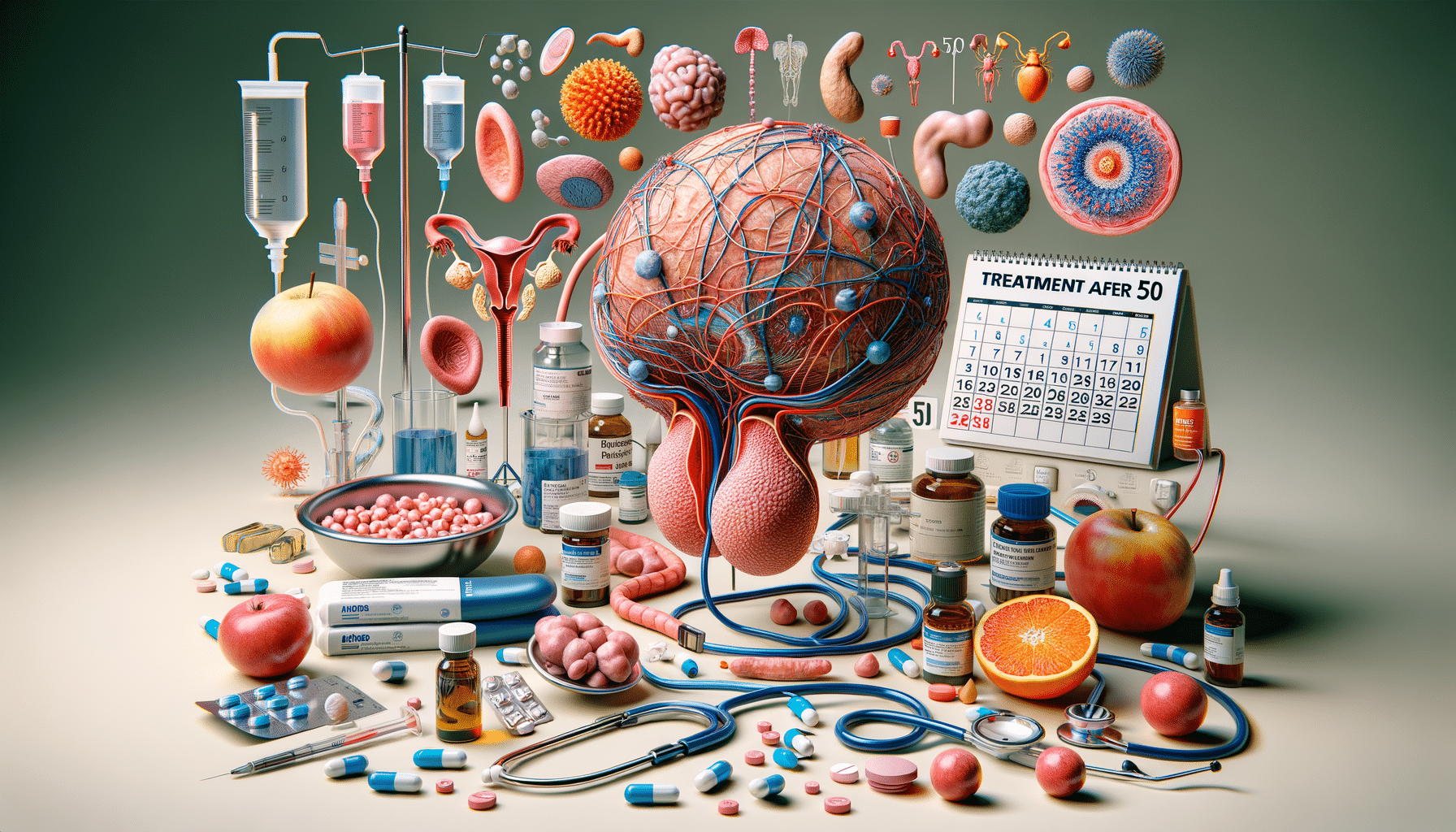
What Doctors Say About Prostate Health After 50
Understanding Prostate Cancer
Prostate cancer is one of the most common types of cancer affecting men, particularly those over the age of 50. The prostate gland, located below the bladder, plays a crucial role in male reproductive health. When cells in the prostate begin to grow uncontrollably, cancer can develop. Understanding the nature of prostate cancer is essential for recognizing its symptoms, which might include difficulty urinating, blood in urine, or pelvic discomfort. However, in many cases, prostate cancer can be asymptomatic in its early stages.
Several risk factors contribute to the likelihood of developing prostate cancer, including age, family history, and ethnicity. African American men, for instance, are at a higher risk compared to their Caucasian counterparts. Moreover, a diet high in red meat and dairy products may also increase the risk. Understanding these factors can aid in early detection and prevention strategies.
Diagnosis and Screening
Early detection of prostate cancer significantly improves the chances of successful treatment. Screening methods such as the Prostate-Specific Antigen (PSA) test and Digital Rectal Exam (DRE) are commonly used to detect abnormalities in the prostate. The PSA test measures the level of PSA in the blood, with elevated levels potentially indicating the presence of cancer. However, high PSA levels can also be due to non-cancerous conditions such as prostatitis or benign prostatic hyperplasia.
The DRE involves a physician manually examining the prostate for any irregularities. While these tests are helpful, they are not definitive and must be followed by further diagnostic procedures like a biopsy if abnormalities are found. It’s important for men to discuss the potential benefits and risks of screening with their healthcare providers, as false positives can lead to unnecessary anxiety and invasive procedures.
Treatment Options
Treatment for prostate cancer varies depending on the stage and aggressiveness of the disease, as well as the patient’s overall health. Common treatment options include:
- Active Surveillance: For less aggressive forms of prostate cancer, doctors may recommend monitoring the cancer closely without immediate treatment.
- Surgery: Radical prostatectomy involves removing the prostate gland and some surrounding tissue. It is a common choice for cancer that has not spread beyond the prostate.
- Radiation Therapy: This treatment uses high-energy rays to target and kill cancer cells. It can be external or internal (brachytherapy).
- Hormone Therapy: Also known as androgen deprivation therapy, it reduces levels of male hormones that fuel cancer growth.
- Chemotherapy: Used for advanced prostate cancer, chemotherapy targets rapidly growing cancer cells throughout the body.
The choice of treatment is highly individualized, taking into account the potential side effects, such as urinary incontinence and erectile dysfunction, and the patient’s quality of life.
Innovations in Prostate Cancer Treatment
Advancements in medical research continue to enhance prostate cancer treatment. Newer approaches, such as targeted therapy and immunotherapy, offer promising results. Targeted therapy focuses on specific genetic mutations within cancer cells, while immunotherapy boosts the body’s immune system to fight cancer more effectively.
Another innovative approach is the use of high-intensity focused ultrasound (HIFU), which uses sound waves to destroy cancer cells with minimal impact on surrounding tissues. Additionally, robotic-assisted surgery has improved precision in surgical procedures, reducing recovery time and potential complications.
These innovations provide hope for improved outcomes and reduced side effects, making it crucial for patients to stay informed about emerging treatment options and discuss them with their healthcare providers.
Living with Prostate Cancer
A prostate cancer diagnosis can be life-altering, but many men continue to lead fulfilling lives with appropriate management and support. Coping with the emotional and physical challenges of cancer requires a comprehensive approach, including mental health support, lifestyle modifications, and community resources.
Engaging in regular physical activity, maintaining a balanced diet, and attending regular follow-up appointments are essential components of managing prostate cancer. Support groups and counseling can also provide emotional support and practical advice for patients and their families.
Ultimately, the journey with prostate cancer is unique for each individual. Open communication with healthcare providers and loved ones is vital in navigating the complexities of treatment and living with cancer.